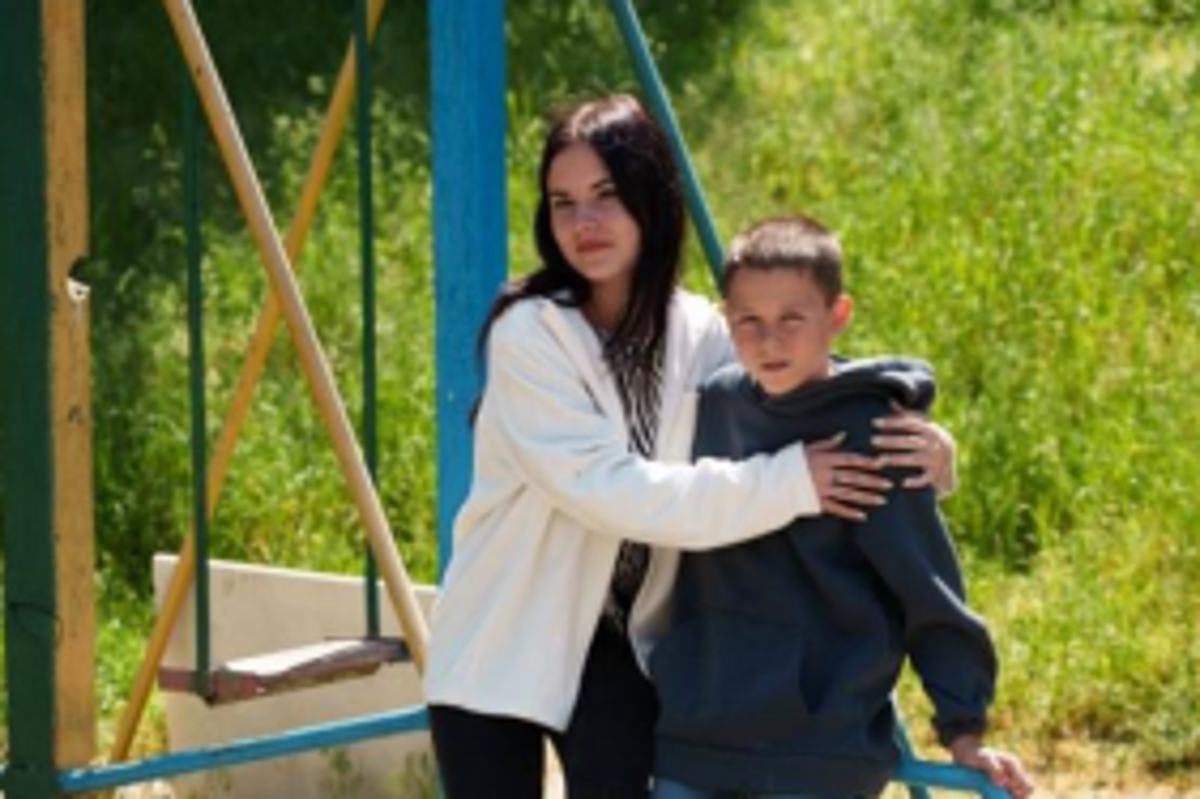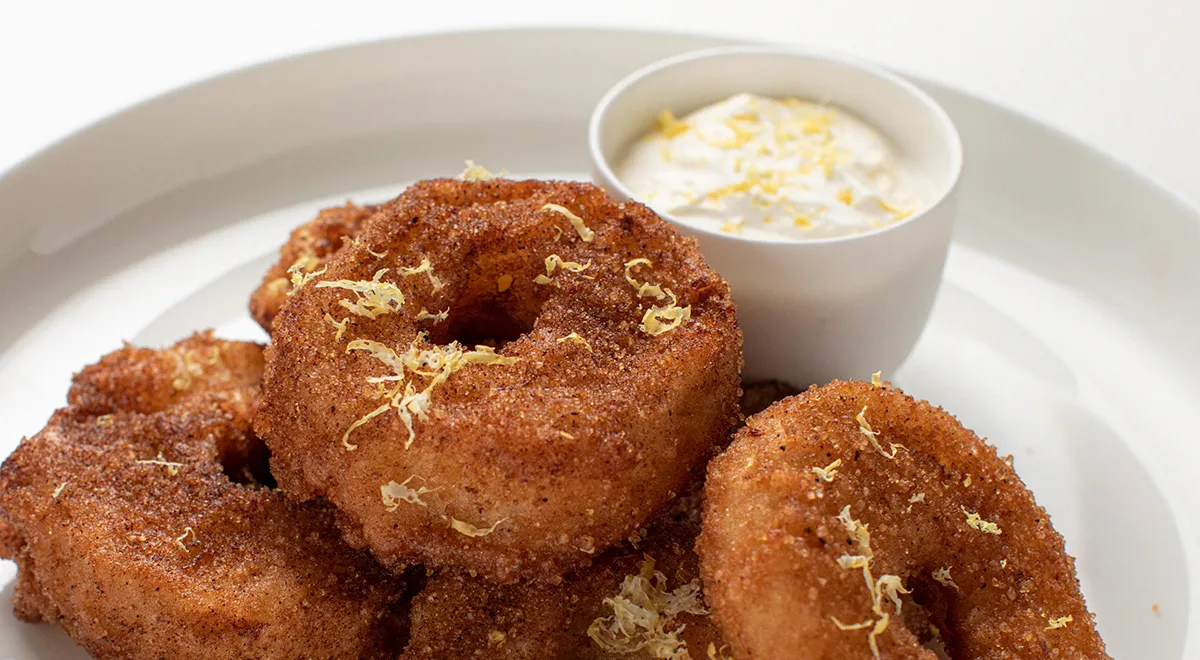Crimea caught between empires: Turkey, Russia, and battle for Ukraine’s peninsula
global.espreso.tv
Sat, 06 Sep 2025 18:34:00 +0300

Prologue: Crimea as a symbol and litmus test of global struggleCrimea is more than a geographical peninsula on the map. It is a unique political archipelago where the conflict of civilizational models concentrates. Here intersect at least three deep vectors of modern geopolitics: neo-imperial revanchism, the struggle for real state subjectivity in the post-Soviet space, and a wave of postcolonial awakening of oppressed and stolen identities.The armed war for Crimea is only the outer layer. "In reality, we are dealing with a war over the meaning of Crimea: is it a trophy, a colony, a stronghold, or a part of an integral state body whose return restores justice?"By annexing Crimea in 2014, Russia not only changed borders — it brought out into the open a formula embedded in its political DNA: a state is something that can be seized. Crimea became Russia’s first open declaration as a 21st-century empire.But today, another player joins this battle of meanings — Turkey. Not as a conqueror, but as a claimant to spiritual-cultural, and possibly strategic-humanitarian patronage over the Crimean Tatar element. This is not a delusion: behind this ambition lies a century-old memory of the Ottoman legacy, millions of Turkish citizens with Crimean Tatar roots, the soft power of Islam and Turkic solidarity.Ukraine, however, finds itself not just in a defensive situation. It must not only liberate the territory but also prevent victory from transforming into a different kind of dependence — cultural, mental, foreign-political."The question of Crimea is not a bargaining tool between states. It is a question of Ukraine’s architecture. What kind of state will reclaim Crimea? A subject-state or again a satellite?"If Ukraine allows itself to be turned into a line redrawn by Russia, Turkey, or other allies, it will remain a geopolitical body without a political heart. But if it returns Crimea as an act of subjectivity, recognizing and restoring the rights of the Crimean Tatar people, forming a new political identity of the peninsula as Ukrainian — that will be the birth of a true Republic. Then Crimea will be not just a reclaimed piece but the center of transformation for the entire country.Historical context: shadows of the Ottoman and Russian empiresCrimea has a deep and complex history. Until 1783, the peninsula was part of the Crimean Khanate — a Turkic Muslim state that maintained internal autonomy but was a vassal of the Ottoman Empire. The Ottomans had decisive influence over the Khanate’s foreign policy, controlled ports and fortresses, and appointed khans. But it is worth remembering that long before this — in Kievan Rus — Crimea was mentioned as an important space of political, trade, and religious contact.The first Christian bishoprics in Chersonesus appeared as early as the 1st century, and Vladimir the Great was baptized in Crimea, in Korsun — a fact enshrined in Ukrainian national mythology as the birth of state spirituality. Ukrainian Cossacks conducted raids on Crimea in the 16th–17th centuries, maintaining their own trading posts and influence. The Zaporizhian Sich had allied relations with some Crimean khans and fought the Ottoman Empire, but Crimea was always in the focus of Ukrainian political and military projects.In the 18th century, after Crimea’s annexation by Russia, colonization began under an imperial scenario. However, Ukrainian cultural, demographic, and linguistic presence did not disappear. Many Ukrainians resettled in Crimea; entire Ukrainian villages existed in the 19th–20th centuries. The 1954 formal transfer of Crimea to the Ukrainian SSR was more a recognition of the peninsula’s historical, cultural, and logistical integration with mainland Ukraine. Just look at the water supply, electricity, and transport arteries — all came from the north, from Ukraine. In 1991, Crimeans voted for Ukraine’s independence, and Ukraine provided the legal basis for the return of deported Tatars.Thus, Crimea is not someone’s old colony but part of Ukrainian historical civilization. Not only by state belonging but through a network of connections: the baptism of Rus, Cossack raids, cultural continuity, everyday integration. It is Ukrainian land not only by right but by memory, not only legally but spiritually, geographically, mentally."That is why the question of Crimea is a question of dignity, not borders. And we cannot allow this dignity to be rewritten again by foreign ambitions — whether from Moscow or Ankara."After the Ottoman Empire’s defeat in the 1768–1774 war, the Treaty of Küçük Kaynarca granted Crimea formal independence. But Russia cynically used this status as a temporary step toward full annexation. In 1783, violating the treaty, it annexed Crimea to its empire. Turkey protested but could not defend its positions. From that moment began the colonial transformation of Crimea — into a military foothold of the Russian Empire, with displacement of the local population, resettlement of Orthodox people, and destruction of Turkic civilization.For Ukraine, it is important that throughout the 19th–20th centuries, Ukrainian interests in Crimea were suppressed by both Russian and Turkish imperial logic. Soviet historiography portrayed Crimea as a colony, a "military resort," ignoring any Ukrainian presence or Crimean Tatar subjectivity. The real return of Ukraine to Crimea began only in 1954 with formal transfer, but politically — only after 1991, with independence."The Ukrainian state created the basis for the return of Crimean Tatars from exile, recognized them as an indigenous people, and began building political inclusion. Unlike Russia or Turkey, Ukraine recognizes Crimea’s right to be part of a democratic community."Today Turkey has no legal claims to Crimea. But the Ottoman historical memory lives on in culture, nationalist ideas of the "Turkic world," and political elite rhetoric. In these maps, Crimea is marked as part of a potential sphere of influence, a place for humanitarian or cultural expansion. President Erdoğan has repeatedly mentioned "Crimean brothers" — respectfully but also hinting at a special Turkish mission to protect their rights. In his rhetoric, the peninsula should be freed from Russian occupation — but what does that mean in practice? A Ukrainian Crimea with broad Tatar autonomy? Or Crimea as an object of joint patronage?Here lies the Ukrainian interest: returning Crimea is not only ending occupation but preventing a new form of neo-Ottoman shadow. Returned Crimea must be Ukrainian — not only legally but politically, symbolically, culturally. This means any external influence — Turkish, Western, or other — must be secondary to Ukraine’s state will. Ukraine must shape the policy of Crimea’s reintegration: in partnership with Crimean Tatars, in dialogue with allies, but as a subject, not a platform for compromises between other players.Turkey today is an ally of Ukraine. But historical memory and strategic interest can transform over time. That is why Ukraine’s state strategy on Crimea must include not only de-occupation plans but a vision of how to keep the peninsula Ukrainian not only legally but in substance. History should teach us: both the Ottoman and Russian empires saw Crimea as a resource. We must see it as a community, memory, and space of dignity. Then no shadow — Ottoman or Moscow — can fall on this peninsula again.Scenarios of influence: war, peace, and supports from AnkaraTurkey skillfully balances. It sells Bayraktars to Ukraine, builds ships for it, participates in prisoner releases. At the same time, it trades with Russia, does not impose sanctions, and becomes an economic hub for Russian capital. This challenges trust but also gives Turkey a unique position — the only major player talking to both Kyiv and Moscow. In negotiations over Crimea, Ankara will want to be a mediator, likely not for free.Turkey’s possible roles include:mediator in Crimea talks, proposing a base "to guarantee Tatar security," expanding business and humanitarian structures in liberated Crimea, hybrid patronage of Crimean Tatar autonomy, and in extreme cases, even a military contingent "to stabilize the situation" (if chaos erupts in Russia).Each scenario requires a clear Ukrainian position: Crimea is Ukrainian, and any ally’s involvement is only within Ukrainian sovereignty.Subjectivity or replacement of empires?Since 2014, Ukraine has painfully but confidently reclaimed its right to subjectivity. Crimea — occupied yet unbroken — is the measure of whether this transformation succeeded."To return Crimea means not just changing borders. It means changing Ukraine’s role in the global political order. From an object to a subject. From a buffer zone to a state that determines its own future."The real risk for Ukraine is not only Russia but the trap of recolonization under a different logic. Under the guise of aid, international formats, peacekeeping, or cultural missions, we might get a new form of guardianship. If we allow the Crimean Tatar factor to be not an element of our statehood but an argument in others’ hands, we will hand over the peninsula to conditional "joint supervision."Subjectivity is not refusing help. It is formulating the conditions under which help is given. It is setting boundaries beyond which an external partner becomes a master. It is not allowing any state, even a friendly one, to dictate our agenda under the guise of security guarantees. Subjectivity is not a slogan. It is the ability to say to an ally, "Thank you, but not like this." And to keep the final word on matters of national territory, culture, and security.Crimea is a test not only of patriotism but of Ukraine’s geopolitical maturity. We can get it back and lose control over it. Or we can return it with new institutional quality. It depends not on partners but on us and our strategic Ukraine-centered vision!Conclusion: we see enemies, we recognize allies — without illusionsTurkey is a strong player. It has its vision of the Black Sea, the Muslim world, and NATO’s southern flank. It skillfully uses every crisis to strengthen influence. But its strategy is not driven by emotions or solidarity. It is driven by interest, national calculation, balancing Western security architecture and its own imperial allusions."Turkey is not an enemy. But it is not an unconditional ally either. Its help is not an act of sacrifice. It is a deal where both sides benefit."If we realize this, we are a mature state. If we idealize a partner, we are vulnerable. Because an ally is not someone who owes us. It is someone with whom we temporarily share common interests. And those interests can change.Ukraine must be grateful for help but not delegate its future. It must be thankful but not naive. We must build partnerships but not allow Crimea to become a new gray zone where Ukraine is only a flag on the facade and decisions are made by others. We must not let our sovereignty become a bargaining chip in a great geopolitical game. That is why our diplomacy, army, and strategic planning must be initiative, not reaction.Crimea is ours. But to keep it ours, we must not only be those who fight but also those who set the terms, lead the game, and propose the future. Not only defenders but architects. Not only the side that demands but the force that shapes.Final principle: Turkey can be a partner. But a partner is not the master. The master of Ukrainian Crimea can only be one side — Ukraine. Not Russia. Not Turkey. Not any guarantor or ally. Because Crimea is part of Ukraine. And it must remain not only on the map but at the heart of our statehood, our memory, our future.SourceAbout the author: Vladyslav Smirnov, Ukrainian entrepreneur, public figure, specialist in health system planning and development.The editorial board does not always share the opinions expressed by blog authors.










